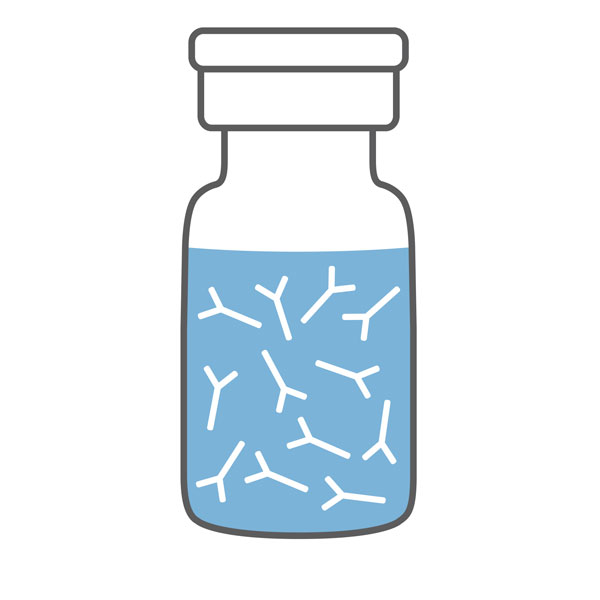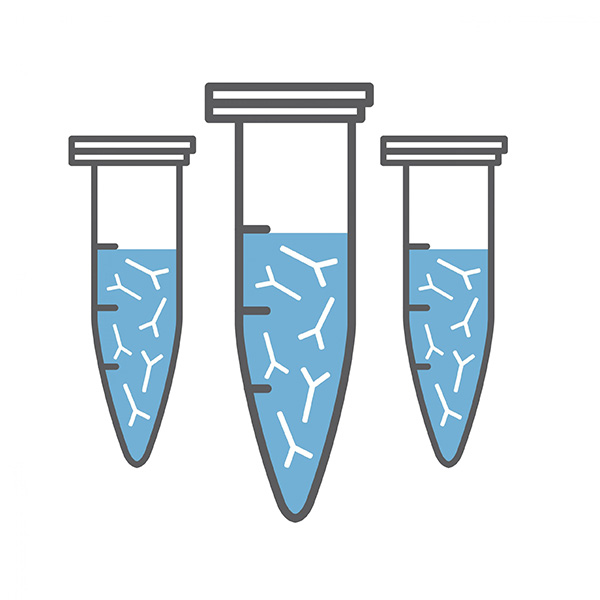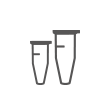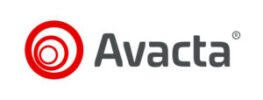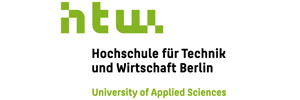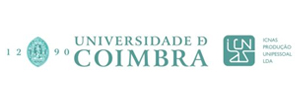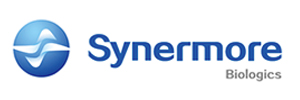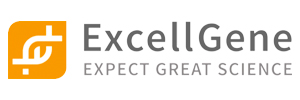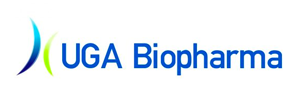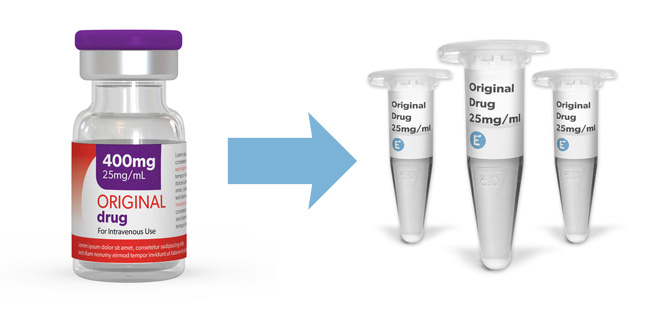| Drug name | Gazyvaro® |
| INN | Obinutuzumab |
| API type | Obinutuzumab is a Type II humanised anti-CD20 monoclonal antibody of the IgG1 subclass derived by humanisation of the parental B-Ly1 mouse antibody and produced in the Chinese Hamster Ovary cell line by recombinant DNA technology |
Pharmacotherapeutic group
| Antineoplastic agents, monoclonal antibodies
|
ATC code
| L01XC15 |
Target of antibody
| CD20; Synonyms: B1, Bp35, CVID5, LEU-16, MS4A2, S7, AA960661, Cd20, Ly-44, Ms4a2, MS4A1, bp35, cd20, ms4a2, leu-16, ms4a4c, cd20-like
|
| General function | Obinutuzumab is used in the treatment of Chronic lymphocytic leukaemia and Follicular lymphoma. |
| Short description | |
Pharmacodynamic properties
(Mechanism of action; Source EMA document)
| Obinutuzumab is a recombinant monoclonal humanised and glycoengineered Type II anti-CD20 antibody of the IgG1 isotype. It specifically targets the extracellular loop of the CD20 transmembrane
antigen on the surface of non-malignant and malignant pre-B and mature B-lymphocytes, but not on haematopoietic stem cells, pro-B-cells, normal plasma cells or other normal tissue. Glycoengineering of the Fc part of obinutuzumab results in higher affinity for FcɣRIII receptors on immune effector cells such as natural killer (NK) cells, macrophages and monocytes as compared to nonglycoengineered antibodies.
In nonclinical studies, obinutuzumab induces direct cell death and mediates antibody dependent cellular cytotoxicity (ADCC) and antibody dependent cellular phagocytosis (ADCP) through recruitment of FcɣRIII positive immune effector cells. In addition, in vivo, obinutuzumab mediates a low degree of complement dependent cytotoxicity (CDC). Compared to Type I antibodies, obinutuzumab, a Type II antibody, is characterised by an enhanced direct cell death induction with a concomitant reduction in CDC at an equivalent dose. Obinutuzumab, as a glycoengineered antibody, is characterised by enhanced antibody-dependent cellular cytotoxicity (ADCC) and phagocytosis (ADCP) compared to non-glycoengineered antibodies at an equivalent dose. In animal models obinutuzumab mediates potent B-cell depletion and antitumour efficacy.
In the pivotal clinical study BO21004/CLL11, 91% (40 out of 44) of evaluable patients treated with Gazyvaro were B-cell depleted (defined as CD19+ B cell counts < 0.07 x 109/L) at the end of treatment period and remained depleted during the first 6 months of follow up. Recovery of B-cells was observed within 12-18 months of follow up in 35% (14 out of 40) of patients without progressive disease and 13% (5 out of 40) with progressive disease. |
| Pharmacodynamic properties (Pharmacodynamic effects; Source EMA document) | |
Original license holder
| |
Marketing authorisation numbers
| EU/1/14/937/001
|
Marketing authorisation holder
| Roche Registration Limited
6 Falcon Way
Shire Park
Welwyn Garden City
AL7 1TW
United Kingdom |
Name of the manufacturer of the biological active substance
| Roche Diagnostics GmbH
Nonnenwald 2
82377 Penzberg
Germany |
| Name and address of the manufacturer(s) responsible for batch release | Roche Pharma AG
Emil-Barell-Strasse 1
79639 Grenzach-Wyhlen
Germany |
Max shelf life
| 36 months
|
Storage conditions
| 2°C – 8°C
|
List of excipients
| L-histidine
L-histidine hydrochloride monohydrate
Trehalose dihydrate
Poloxamer 188
Water for injections |
| |
| |

